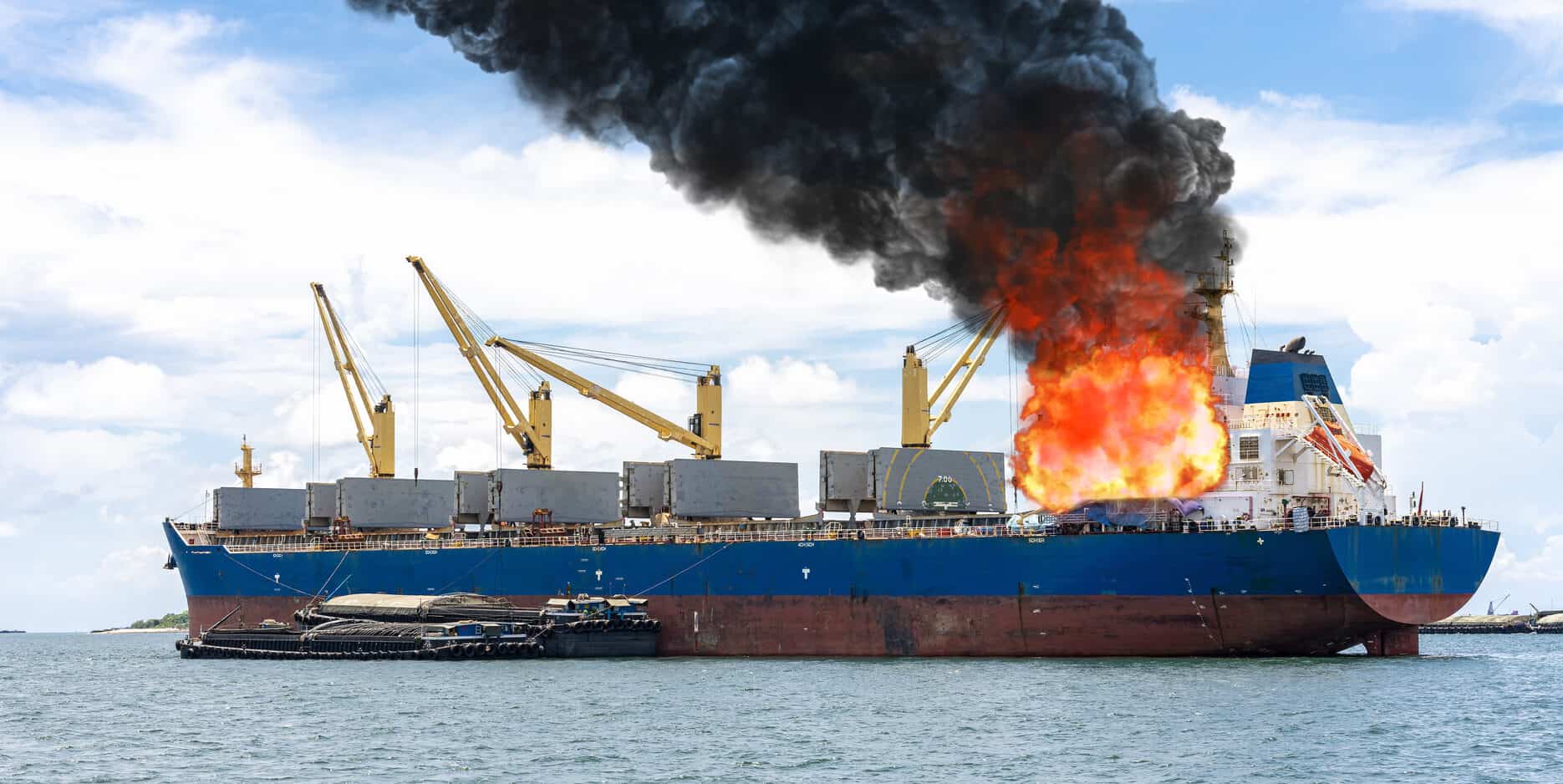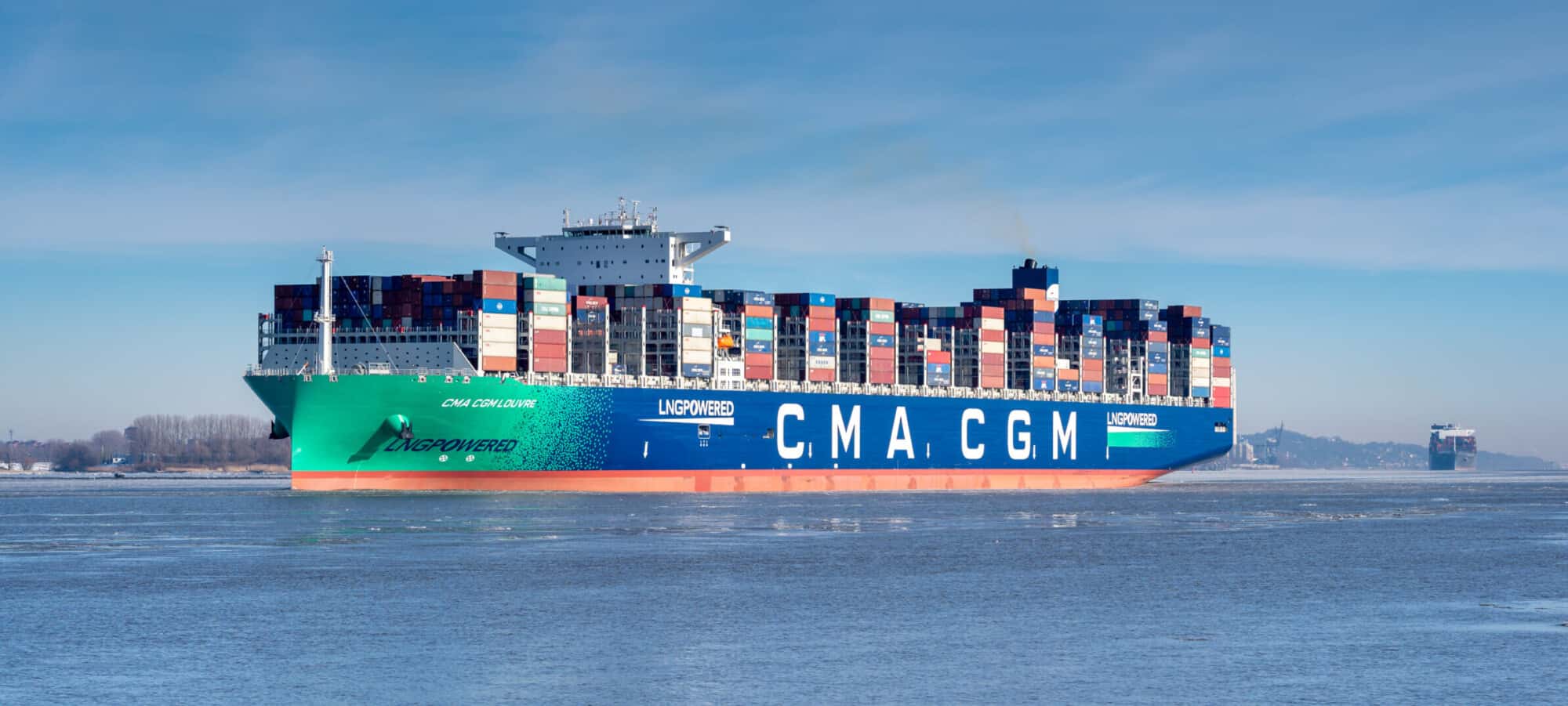If you want to enter the Latin American market, exporting to Honduras could be a good starting point.
Currently, U.S. products hold a substantial share of the Honduran market, with new and growing sectors presenting more opportunities every day.
Thanks to its free-market, low logistical costs, and large ambitions for world-class infrastructure, Honduras could soon become the gateway to Central America.
Let Latin American Cargo help you tap into the potential of the Honduran market. We have a track record of success in shipping to Honduras and navigating its business culture and customs regulations.
Business opportunities to consider when exporting to Honduras
Honduras presents significant opportunities for US and Canadian exporters
- Honduras is located at the heart of Central America,
- The country has big business and infrastructure ambitions,
- And Hondurans value quality imports.
Honduras has had the second-highest economic growth rate in Central America, only behind Panama. Natural disasters and Covid-19 did have a significant impact on the economy, but it is now rebounding with renewed confidence.
Honduras’s Free Trade Agreements
Various customs unions and economic partnerships will ease your entry into the Honduran market.
- The most significant is the CAFTA-DR free trade agreement. It has removed most tariffs on goods traveling between the U.S and Honduras as well as several other Central American countries.
The CAFTA-DR has also simplified the customs process, thanks to its favorable terms.
On average, U.S. exports to Honduras have more than doubled since the agreement came into force in the mid-2000s. - Since 2014, there has also been a free trade agreement in place between Honduras and Canada. This has allowed Canadian businesses to expand into the Central American country on an equal footing with the United States and other overseas competitors, without the fear of excessive tariffs.
- One of the newest agreements is the Central American Customs Union (UAC), which was signed in 2017 between Honduras, Guatemala, and El Salvador. It aims to encourage the flow of goods by removing barriers to trade, tariffs, and quotas.
The Northern Triangle countries see the UAC as a key factor in establishing a world-class logistics hub. Exporters will find it encouraging to learn that Honduras sees itself leading this common regional ambition, with both public and private sectors heavily investing in ports, airports, and roads.
Key sectors for exports to Honduras
U.S. and Canadian companies generally have an open market when it comes to exporting goods to Honduras. Several sectors have been identified by the National Investment Council as having tremendous potential for foreign exporters.
Tourism is one of these focus sectors, with Honduras aiming to be one of the top destinations in the Caribbean. Other key growth sectors include:
- Textiles and apparel
- Light manufacturing
- Agribusiness
- Social housing
- Renewable power generation
Top exports to Honduras
Since the late 1980s, Honduras has experienced a remarkable turnaround that saw its imports reach USD 12 billion in 2019, led by fuels and industrial goods. In contrast, the country’s exports are dominated by food products such as coffee, fruit, and seafood.
According to the United Nations COMTRADE database, compiled by Trading Economics, the top exports to Honduras in 2019 were:
- Oil & mineral fuels ($1.6bn)
- Electrical machinery and electronic equipment ($733m)
- Industrial machinery ($660m)
- Motor vehicles & auto parts ($657m)
- Pharmaceuticals ($508m)
- Plastics ($407m)
- Iron and steel ($359m)
- Paper and articles of pulp ($293m)
- Cereals ($271m)
- Prepared food ($269m)
The USA is Honduras’ larger trade partner. In 2019, $5.1bn of goods entered Honduras from the U.S. – almost 43% of its total imports. In the same year, more than half (52.5%) of Honduras’ exports were U.S.-bound.
El Salvador and Guatemala are two other favored sources of imports for Honduras. China is also a significant player, accounting for just over 10% of Honduras’ imported goods in 2019.
Interestingly, Germany is also a notable trade partner. It is Europe’s primary importer of Honduran coffee and textiles.
Challenges to consider when exporting to Honduras
Honduras offers a wealth of trade opportunities. However, it is important to be aware of obstacles that could frustrate your entry into the market or make doing business there challenging:
- Violence, poverty, and inequality at significant levels.
- Corruption and transparency issues
- Lengthy waits for regulatory and legislative approvals, despite few requirements for foreign investors.
- Hondura’s economy is highly reliant on international trade, and its economic performance is tied closely to that of the U.S.
- There may be limited opportunities for foreign companies in some state-protected basic industries and public services.
- A large informal economy creates competition for market share.
- Its vulnerability to extreme weather events. The clean-up and infrastructure reconstruction following hurricanes Eta and Iota in late 2020 is still underway.
Import restrictions and prohibitions
Honduras’s import restrictions and prohibitions center around concerns for public health, national security, and the protection of plants and animals. They include:
- Motor vehicles over 10 years old, except for classic cars
- Passenger buses over 13 years old
- Refurbished and right-hand drive vehicles
- Firearms and ammunition
- Toxic waste and chemicals
- Pornographic material
- Narcotics
If you are unsure whether your product is subject to restrictions, we highly recommend seeking assistance from a reputable customs broker; as they will be highly knowledgeable and up-to-date on any legislative changes.

Located on the Pacific Coast of Honduras, Puerto Cortés is the only deep water port in Central America.
Export to Honduras: Customs clearance
If you already do business in Central America, the familiarity of the process should reassure you. Customs documents and other aspects of the system are harmonized under the Central American Uniform Customs code.
Regulations can be strict if you are importing goods such as foodstuffs, medicines, or cosmetics. Thus, you may need special permits and sanitary certificates.
Customs Duties
Customs duties will be one of the critical determiners in deciding whether Honduras is a viable market for your goods.
If you are a U.S. exporter, you will benefit from the CAFTA-DR free trade agreement. It sees all U.S. consumer and industrial goods enter Honduras duty-free. The same applies to textile and apparel products that meet the origin requirements of the agreement.
A similar picture plays out for US agricultural products since most of them can already enter duty-free, and virtually all tariffs will be eliminated over the next few years. Rice and chicken leg quarters will be tariff-free by 2023, and dairy products by 2025. Quotas are also set to be increased for imports of white corn.
Tariffs on remaining goods (with some exceptions) are set at a maximum of 15%. This is the same for all countries within the Central American Common Market.
Learn more about customs duties in Honduras by visiting its official Customs Portal.
Import requirements and documentation
Be aware that Honduras is currently restructuring and modernizing its customs procedures. Ensure you are up-to-date with the requirements and that you have carefully completed all the necessary documentation to avoid fines and delays.
Latin American Cargo can help you navigate the system so you can expedite your goods efficiently and with minimal risk.
Exporting goods to Honduras requires a number of documents:
- Import permit application (original document). Permit applications for food products, additives, and pesticides need to be issued by Honduras’s National Service of Food Safety, Plant and Animal Health (SENASA)
- Commercial invoice
- Bill of lading
- Packing list
- Certificate of Origin. This proves the product originated in a CAFTA-DR country and is eligible for a preferential tariff.
- Phyto or Zoo-sanitary certificates. If you are a U.S. importer, these are issued by the federal or state authority.
There may be some additional documentation and labeling requirements depending on the type of goods that you are exporting:
- Sanitary product registration is necessary for the retail or wholesale of some products. These include processed food products, medicines, natural products, cosmetics, medical devices, and hygiene products.
- Animal-based food products should show the expiration date, lot number, and production date in Spanish on the shipping carton. Dates must be in the Day/Month/Year format.
- Imports of U.S. fresh/frozen and cooked poultry products must come with a USDA’s FSIS Certificate (Form 9060-5), with an Additional Declaration that it comes from an area free of high or low pathogenic Avian Influenza.
If you are exporting from the US to Honduras, you can find more detailed information on import requirements on the International Trade Administration website.
Modes of transportation to and within Honduras
Due to its desire to become the key player in a regional logistics hub, Honduras is investing heavily in its transportation infrastructure.
This ambition, combined with some of the lowest logistical costs in the region, makes Honduras a sound choice if you are looking to enter the Latin American market or expand your operations.
Maritime Facilities
Honduras has well-established ports on both east and west coast trade routes.
Puerto Cortés on the Caribbean coast is the only deep-water port in Central America. Its natural bay is suitable for large vessels – up to 10 at a time. It was the first port in Latin America to qualify under the National Nuclear Security Administration’s Megaports and U.S. Customs & Border Protection Container Security Initiatives (CSI).
Meanwhile, Puerto Castilla – also in Caribbean waters – has some of the best port facilities in the country. Furthermore, San Lorenzo is a strategically important port on Honduras’s Pacific coast.
Airport infrastructure
Air freight is also an option for you, depending on your timescales, budget, and product type.
Honduras recognizes that investing in airport infrastructure is vital for its economic competitiveness. December 2021 saw a major step forward with the opening of the new Palmerola airport, 70km from Tegucigalpa.
As the new international air hub for its capital city, it helps free up the more constrained Toncontin airport – one of the world’s most dangerous airports to fly into.
Other international cargo-friendly airports in Honduras include Golosón, Juan Manuel Gálvez, and Ramón Villeda Morales.
Road network
In terms of overland transport, Honduras has a well-developed highway network in the north and west of the country. It includes the Pan-American Highway and the CA-5 that links Tegucigalpa with Puerto Cortés and other cities.
Rail transport
Rail transportation in Honduras is extremely limited like in other Central American countries. There are, however, plans afoot to create a new interoceanic railway line linking ports on the Pacific and Caribbean coasts.
Finally, do be aware that transportation infrastructure remains vulnerable to damage from severe weather events. Storms Eta and Iota hit Honduras in November 2020 and affected 68% of the productive sector. These events may impact how you get your goods to Honduras and in and around the country.
Export to Honduras now!
Are you ready to take advantage of Honduras’s trade opportunities and ambitions to be the gateway to Central America? We can help you get to market in Honduras smoothly and efficiently.
The variety of ports in Honduras allows Latin American Cargo to offer a full array of ocean and air shipping solutions, including container, RORO (Roll-On/Roll-Off) cargo, breakbulk, oversized cargo, and charter freight transport.
Latin American cargo is your specialist Honduras logistics specialist. Contact us now!


 LAC Team
LAC Team


